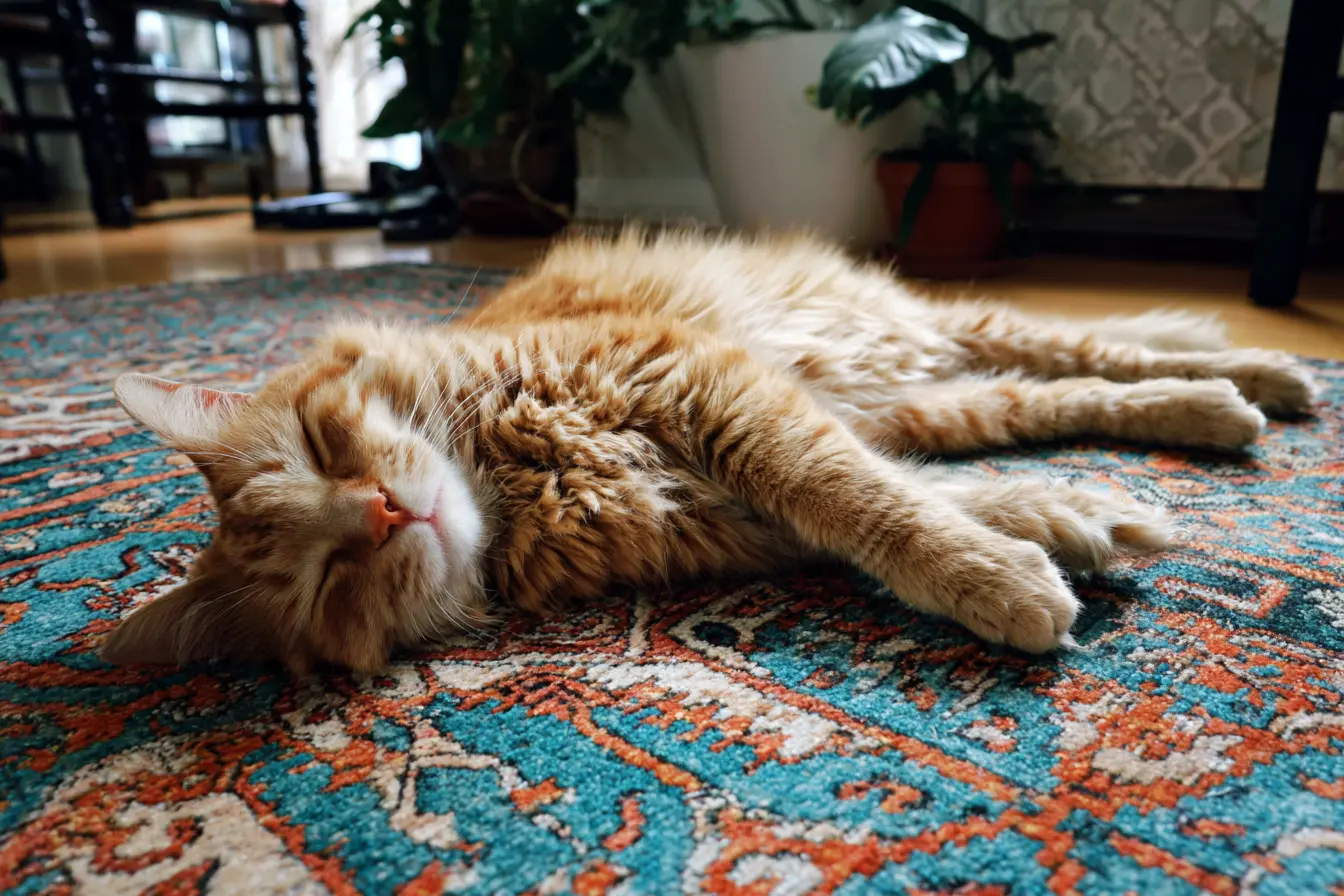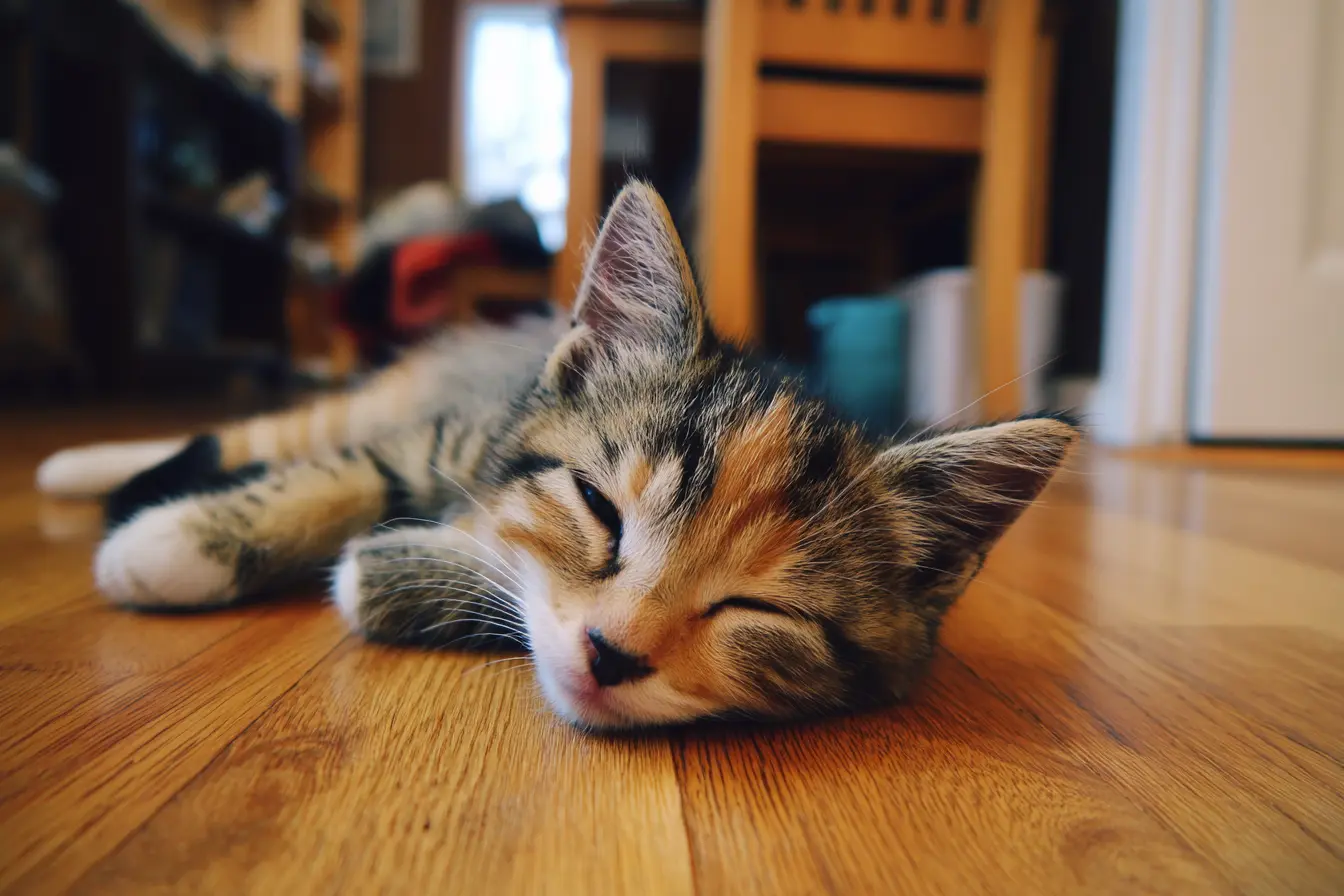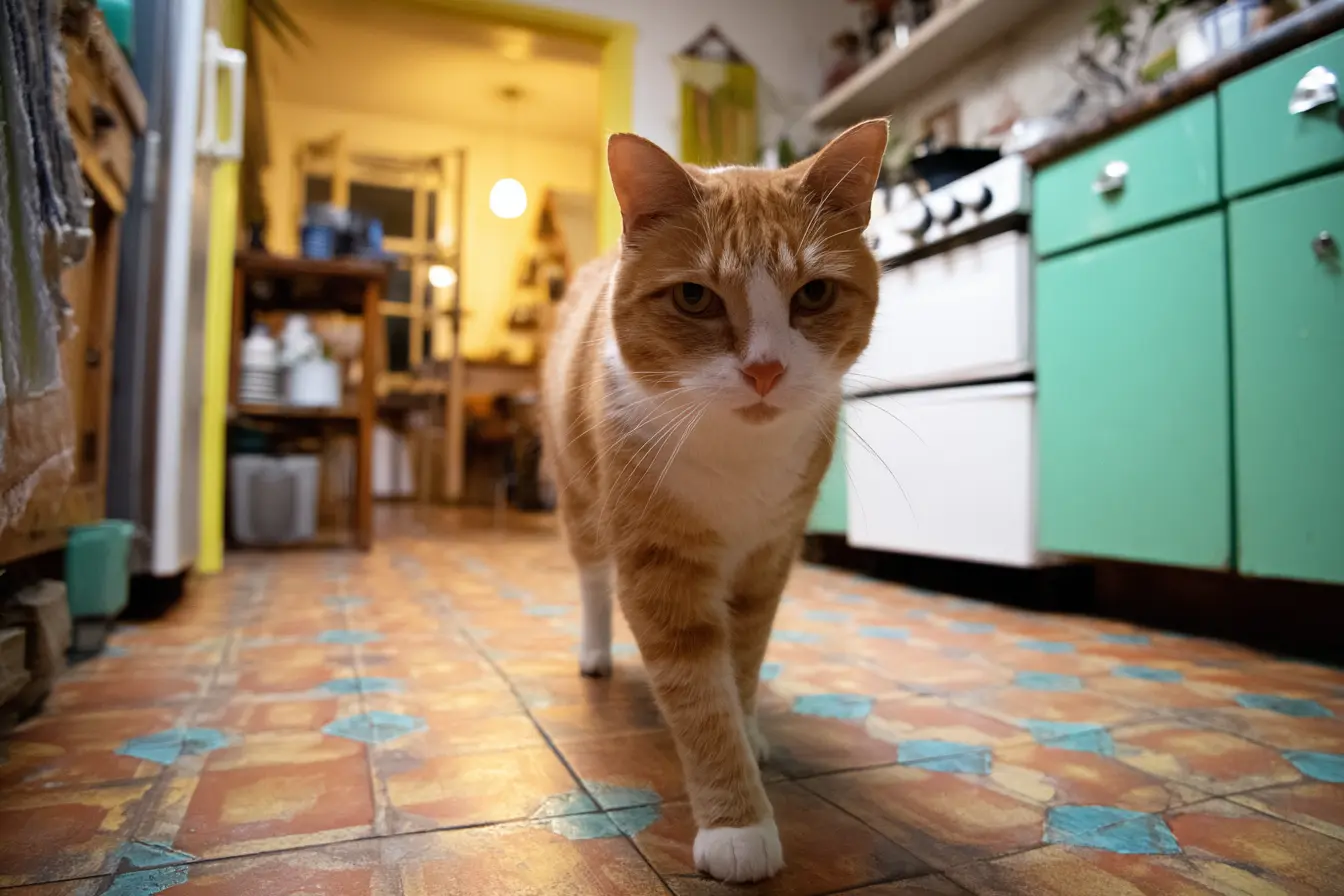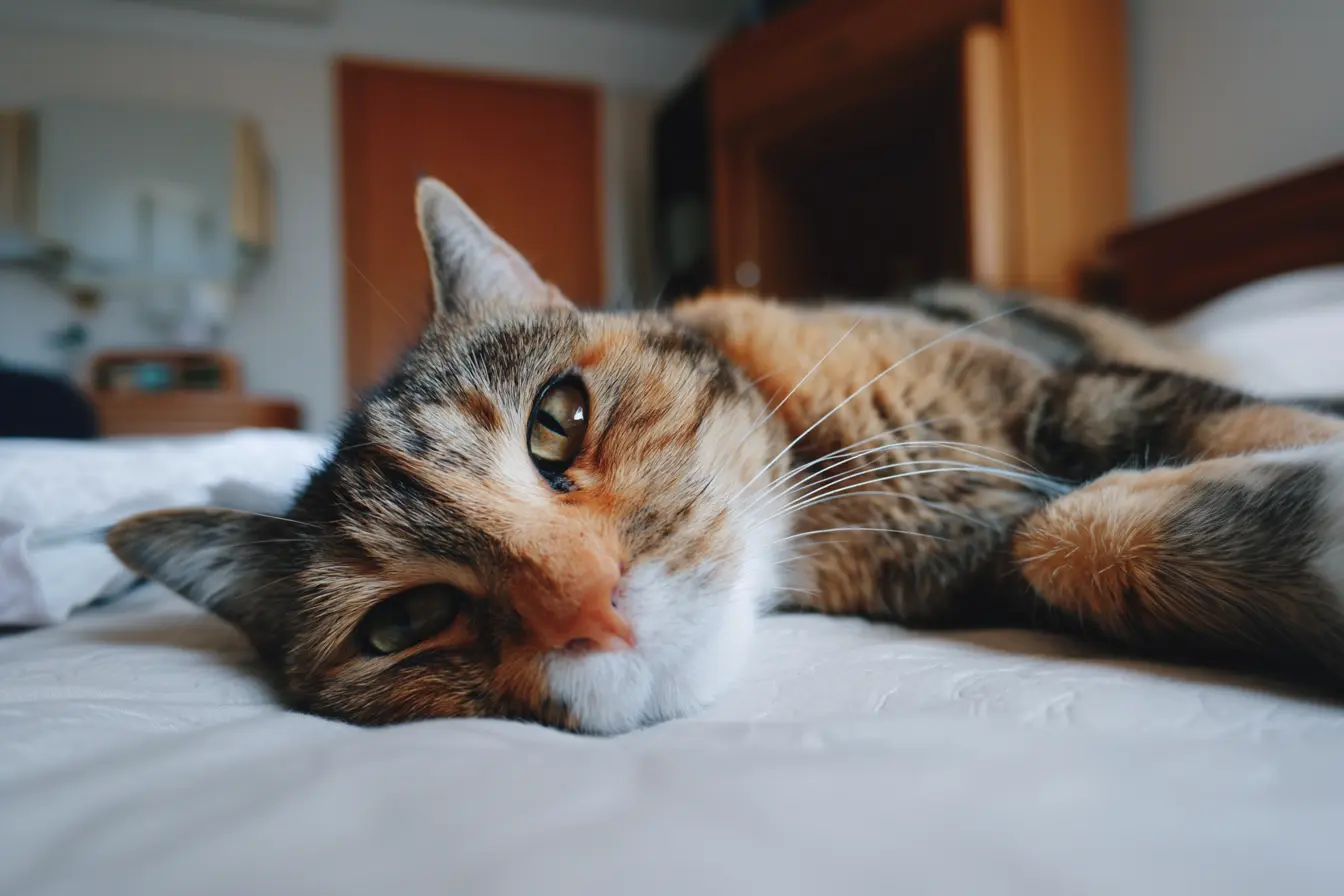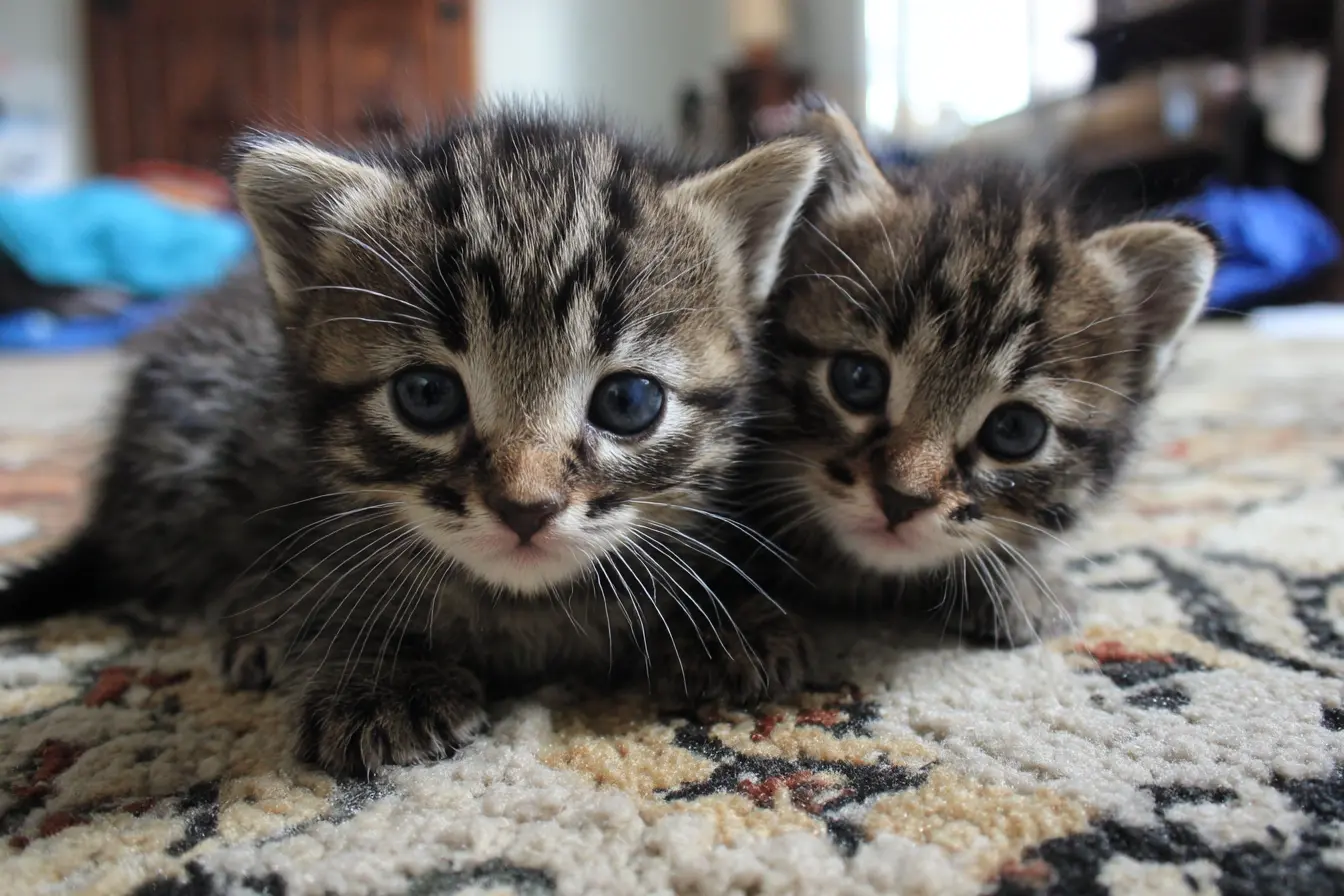
What Should You Do If You Unexpectedly Find Your Cat Has Had Kittens?
Sometimes cat owners are surprised to discover that their pet has given birth without any obvious signs of pregnancy. Cats are very independent when it comes to reproduction, and queens (female cats) often handle labour and early kitten care by themselves. However, there are important steps you should take to make sure both the mother and her kittens are safe, healthy, and comfortable.
Stay Calm and Assess the Situation
The first and most important thing is to remain calm. Cats can pick up on your stress, which may make them anxious. Approach quietly and observe from a short distance before intervening.
Look for the following:
- How many kittens are present
- Whether the kittens are breathing and appear active
- If the mother is calm, cleaning the kittens, and allowing them to nurse
If all seems well, avoid disturbing them too much at this early stage.
Provide a Safe and Quiet Space
New mothers need a secure, quiet, and warm environment to raise their litter. You can help by:
- Providing a nesting area: Use a large cardboard box or a cat bed with high sides. Line it with clean, soft blankets or towels.
- Minimising stress: Keep the space away from loud noises, children, and other pets.
- Keeping the area warm: Newborn kittens cannot regulate their body temperature, so warmth is crucial. Ensure the room is comfortably heated but avoid direct heat sources like hot water bottles or heaters that may burn.
If your cat has chosen her own spot, you can gently move the kittens into the nesting box, but only if she seems relaxed and accepting of the change.
Check on the Mother Cat
The mother will usually do an excellent job of caring for her kittens, but you should keep an eye on her health:
- Feeding and drinking: Make sure she has access to fresh water and high-quality kitten food, which provides the nutrients she needs for milk production.
- Litter tray access: Keep her litter tray close by but not so near that it contaminates the nest.
- Rest and comfort: Do not handle her too much. Allow her to rest and bond with her kittens.
If the mother seems unwell, uninterested in her kittens, or unusually restless, consult your vet.
Check on the Kittens
Healthy newborn kittens should:
- Suckle from their mother within the first hour or two
- Appear warm, wriggly, and vocal when handled briefly
- Gain weight steadily in the days that follow
Signs of concern include weak, cold, or quiet kittens that do not nurse. In these cases, you should contact your vet immediately.
When to Seek Veterinary Help
It is wise to contact your vet soon after the birth, even if everything seems fine, so they can check both the mother and kittens. Call your vet straight away if:
- A kitten appears very weak, cold, or is not feeding
- The mother is bleeding heavily or seems in pain
- There are still signs she may have more kittens but none arrive after prolonged straining
- The mother completely ignores or rejects the kittens
Avoid Excessive Handling
It can be tempting to handle the kittens, but during the first two weeks you should keep it to a minimum. Briefly handling them to check they are warm and healthy is acceptable, but too much interference can stress the mother and interrupt feeding.
Support the Mother Cat
Over the coming weeks, you can support her by:
- Feeding her kitten food throughout lactation
- Keeping the environment calm and clean
- Providing plenty of fresh water
- Giving her affection when she seeks it, but respecting her need for space
Planning for the Future
Kittens grow quickly, and you should start planning ahead:
- Weaning: Kittens begin trying solid food at around 4 weeks.
- Vet checks and vaccinations: Arrange for health checks and vaccinations with your vet when they are old enough.
- Rehoming: Kittens should stay with their mother until at least 8 weeks of age, ideally 10–12 weeks.
- Spaying and neutering: Speak to your vet about spaying the mother once the kittens are weaned to prevent further surprise litters. Kittens should also be neutered at the appropriate age before going to new homes.
Conclusion
Finding that your cat has unexpectedly had kittens can be a surprise, but with calm observation and the right care, both the mother and her babies can thrive. Provide a safe, warm nesting area, monitor their health, and seek veterinary advice if anything seems wrong. Supporting your cat through this time not only ensures the wellbeing of the kittens but also strengthens the bond you share with your pet.
Vets near you
Speciality vets
- Aquatics vet specialists
- Birds vet specialists
- Camelids vet specialists
- Cats vet specialists
- Cattle vet specialists
- Deer vet specialists
- Dogs vet specialists
- Equines vet specialists
- Exotic vet specialists
- Goats vet specialists
- Pigs vet specialists
- Poultry vet specialists
- Sheep vet specialists
- Small Mammals vet specialists
- Wild vet specialists
Vet facilities
- Accessible by public transport
- Blood testing
- Car park nearby
- Client car park
- Dentistry
- Diagnostic imaging
- Disabled public access
- Flea and worm treatments
- Microchipping
- Mobile services
- Neutering
- Open at weekends
- Out-of-hours service
- Referral interests
- Referrals only
- Street parking outside
- Toilets available
- Vaccinations
